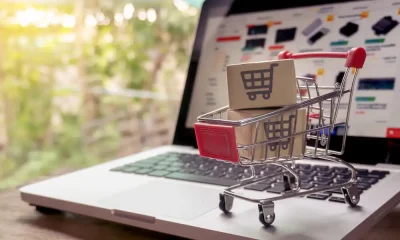Management
How to keep your customers paying on time, every time
In a perfect world you wouldn’t start a job unless your customers paid the entire price up front. Unfortunately things don’t usually work that way. It’s not impossible to get such favourable terms, but this all depends on your bargaining power (eg. if there’s little or no competition and your product/service is in high demand). Most small businesses do not have that kind of power.

In a perfect world you wouldn’t start a job unless your customers paid the entire price up front.
Unfortunately things don’t usually work that way. It’s not impossible to get such favourable terms, but this all depends on your bargaining power (eg. if there’s little or no competition and your product/service is in high demand). Most small businesses do not have that kind of power.
What can you do to reduce the risk of not getting paid?
- Be absolutely clear about your payment terms and ensure your customer understands them.
- Make sure you follow through on your terms of payment – any slippage by you in this area will leave the door wide open for your customers.
- Don’t wait until the job is completed to invoice your customers. Get them to pay a portion of your charges upfront (similar to a deposit). Depending on your industry, progress payments may be acceptable. A final payment can be made on completion of the job.
- Encourage customers to pay by credit card.
- Have as much of the transaction as possible clearly documented and signed (wherever possible) – quotes, work orders, purchase orders, sales invoices, packing slips etc.
- Allow customers to take early payment discounts.
- For accounts that are past due, follow up with a phone call straight away.
- Consider charging interest on balances that are past due.
- Do credit checks on new customers.
Debtors who won’t or can’t pay
If you are in the unenviable position of having debtors who simply will not or cannot pay, here are a couple of ways you could deal with it:
- Work out an agreement that works for both of you. eg. regular automatic payments to pay off the outstanding amount in a manner that works with your debtor’s cashflow.
- Bring in the debt collectors or have someone outside your business manage your debts. As an independent third party they can handle your debtors in a way that you’d find difficult, given your business relationship with the debtor.
- If the debt is small, you may consider simply writing it off and not doing business with that customer again.
- Take legal action? Beware of this…. Legal action may only cost you a lot of money and frustration. You may force your debtor into bankruptcy, but it will not guarantee that you get your money back. If the money’s not there, then it’s not there. Think carefully before you go down this tunnel.
The bottom line is you must keep tight control on your debtors. That is your very best protection.









